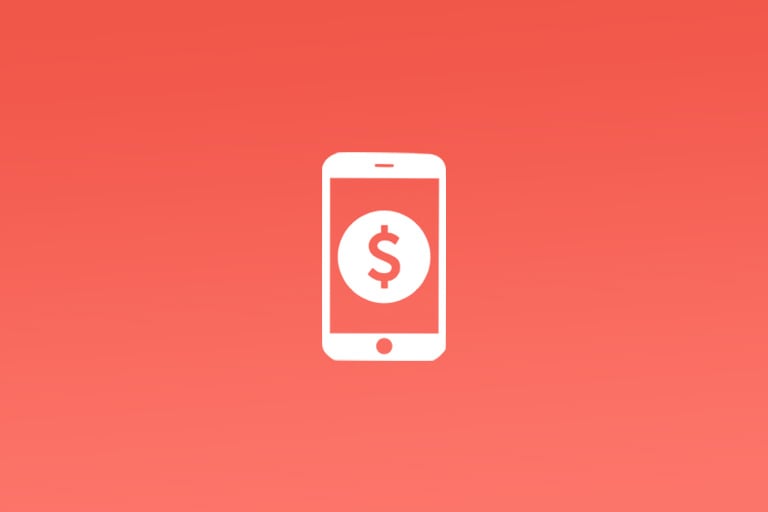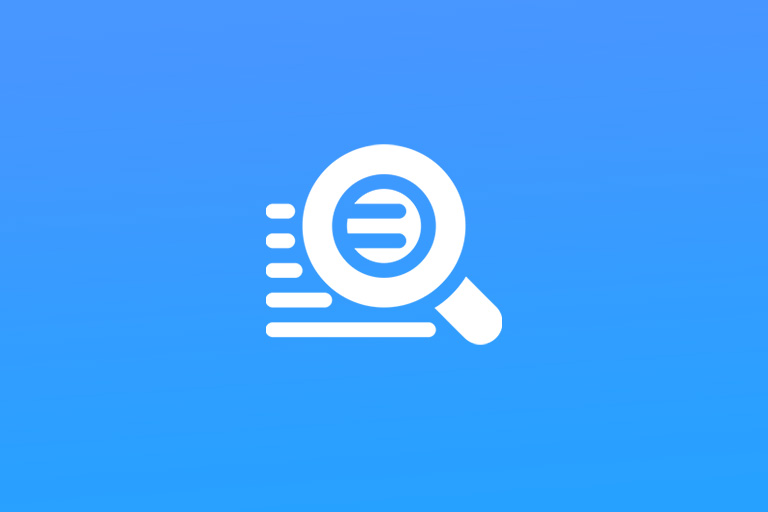Understanding Benchmarking in App Marketing
Benchmarking in app marketing refers to the practice of evaluating your app's performance metrics, such as user acquisition, retention, engagement, and monetization, against those of competitors or industry benchmarks. By comparing key performance indicators (KPIs) with industry averages or top-performing apps, marketers can gain a clearer understanding of their app's position in the market and identify areas for optimization.Data Supporting Benchmarking in App Marketing
User Acquisition CostsAccording to the Mobile App Trends Report, the average cost to acquire a user who makes a purchase in a mobile app increased to $64.96 in 2020, up 136% from 2019. Benchmarking your app's user acquisition costs against industry averages can help you assess the efficiency of your marketing spend and make informed decisions to improve cost-effectiveness.
Retention Rates
A study by FoxData revealed that the global app retention rates across all verticals stood at 32% after 30 days and 14% after 90 days. Benchmarking your app's retention rates against these industry averages can provide insights into user engagement and help identify areas for improving long-term user loyalty.
Monetization Metrics
Data from the Mobile App Trends Report in-app advertising spending is projected to reach $201 billion by 2021. By benchmarking your app's monetization metrics, such as average revenue per user (ARPU) and ad revenue, against industry standards, you can gauge the effectiveness of your app's monetization strategies and identify opportunities for revenue growth.
Benchmarking Strategies in App Marketing
Identify Key Performance Indicators (KPIs)Select the most relevant KPIs for your app, such as cost per install (CPI), retention rates, in-app purchase conversion rates, and average revenue per user (ARPU). These KPIs will serve as benchmarks for evaluating your app's performance.
Competitor Analysis
Analyze the performance metrics of top competitors or industry leaders to understand the standards and best practices within your app's niche. Tools like Sensor Tower and App Annie can provide valuable insights into your competitors' app performance.
Set Realistic Goals
Use benchmarking data to set realistic performance goals for your app. For instance, if your app's retention rates are below industry averages, aim to implement strategies that will help improve user retention and engagement.
Continuous Monitoring and Optimization
Regularly monitor your app's performance metrics and make adjustments based on the benchmarking data. By continuously optimizing your app marketing strategies, you can strive to achieve and surpass industry benchmarks.







